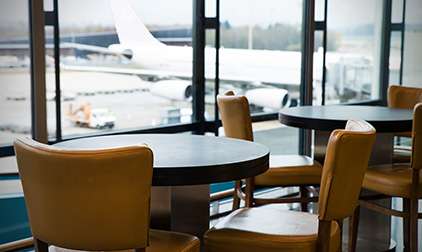Flight Service Station

A Flight Service Station’s Services
While services may vary from country to country, some of the more typical services of an FSS include:- Issuing pre-flight briefings
- Providing weather information and notices to airmen
- Clerical support for flight plans
- Monitoring NAVAIDs (navigational aids)
- Collecting and distributing pilot reports
- Providing traffic advisories to grounded or in-flight aircraft
- Relaying information from air traffic control; such as, instructions or clearances
- Passing along information from aircrafts to their home bases
- Collecting and disseminating airport surface weather observations
- Initiating search and rescue operations
- Providing assistance during emergencies
- Occasionally assist with aircraft traffic coordination
A flight service station (FSS) is an air traffic facility. It provides services and information of aircraft pilots. An FSS should not be confused with air traffic control (ATC). While the ATC is responsible for providing clearances, providing separation, and giving instructions, an FSS is not responsible for these services.
A Flight Service Station’s Services
While services may vary from country to country, some of the more typical services of an FSS include:
- Issuing pre-flight briefings
- Providing weather information and notices to airmen
- Clerical support for flight plans
- Monitoring NAVAIDs (navigational aids)
- Collecting and distributing pilot reports
- Providing traffic advisories to grounded or in-flight aircraft
- Relaying information from air traffic control; such as, instructions or clearances
- Passing along information from aircrafts to their home bases
- Collecting and disseminating airport surface weather observations
- Initiating search and rescue operations
- Providing assistance during emergencies
- Occasionally assist with aircraft traffic coordination
Because pilots require frequent contact with flight service stations, pilots can contact them by radio while in-flight or by telephone when grounded. Recently, Canada and the U.S. have begun consolidating flight service stations into large regional airports. This means that local flight service stations are being replaced with RCOs (remote communications outlets) that are connected to the large regional centres.








